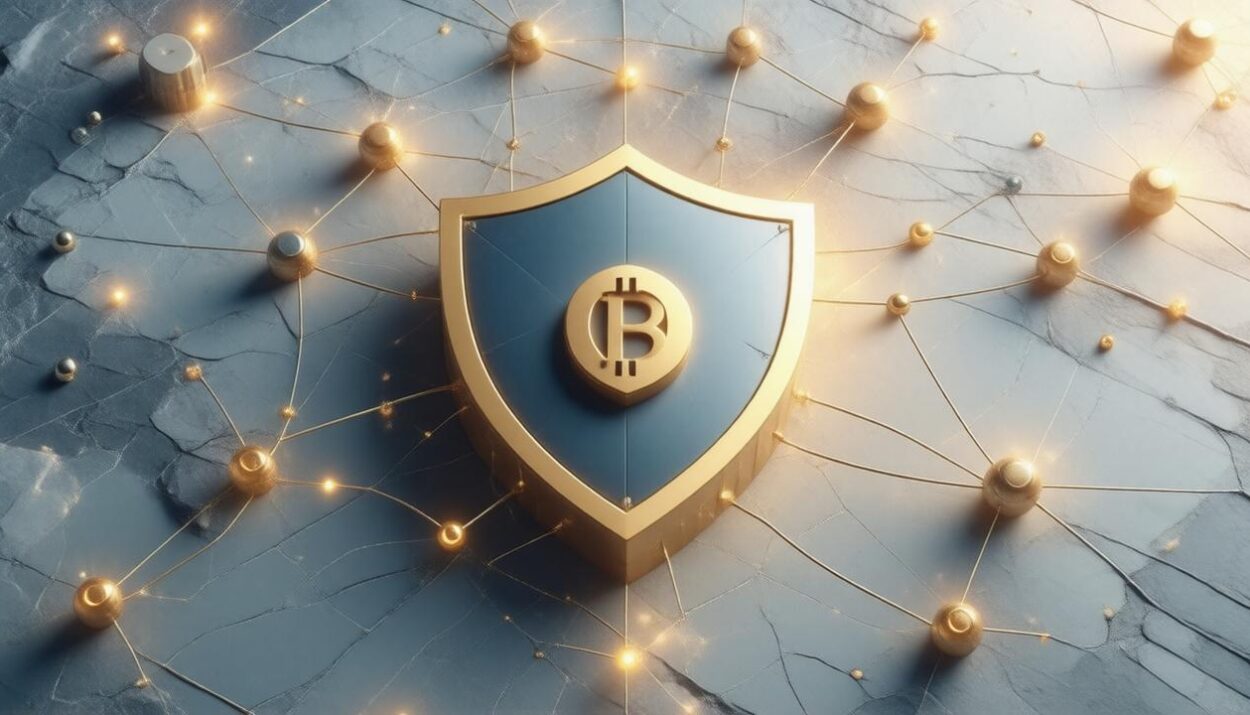Decentralized Security Audits: The Key to a Safer Web3
Security audits are crucial in ensuring the safety of user funds and preventing cyber attacks in the web3 ecosystem. However, traditional audits often come with limitations, such as a lack of transparency and the inability to challenge findings. This can lead to a false sense of security, as even the most diligent auditors can miss vulnerabilities.
The Problem with Traditional Audits
In Q3 2024, the web3 industry lost a staggering $1.8 billion due to preventable issues like smart contract vulnerabilities and reentrancy attacks. Alarmingly, 90% of hacked projects had never undergone any audit, highlighting a critical oversight in security. Traditional security audits are essential, but they are not always enough.
The Need for Decentralized Audits
The decentralized ethos of web3 offers a solution to this problem. Public audits, involving a wider white-hat hacker community, can provide decentralized, continuous, and community-driven security reviews. This approach ensures that security is not limited to a single review, but rather is a continuous process.
Principles and Perks of Decentralized Audits
The key challenge in designing decentralized audits is striking a balance between providing strong incentives to independent auditors and ensuring that they do not come at extra costs for projects. One possible solution is to use DeFi tools to launch dedicated smart contract-based reward pools whenever a new client requests an audit.
The platform fills this pool with a share of the audit cost and adds more by staking its tokens. Independent security researchers join the game and double-check the client’s code after the platform completes its own audit. When the community audit is complete, independent auditors and stakers collect rewards from the pool.
Benefits of Decentralized Audits
- Democratization of security: Decentralized audits make security accessible and predictable for web3 projects, especially nascent ones.
- Increased assurance: Projects can increase their assurance of code safety, as decentralized audits provide an additional layer of security.
- Community-driven: Decentralized audits involve a wider community of white-hat hackers, making security more robust and proactive.
- Sustainable rewards: Decentralized audits introduce rewards backed by real
#AI #InvestSmart






















